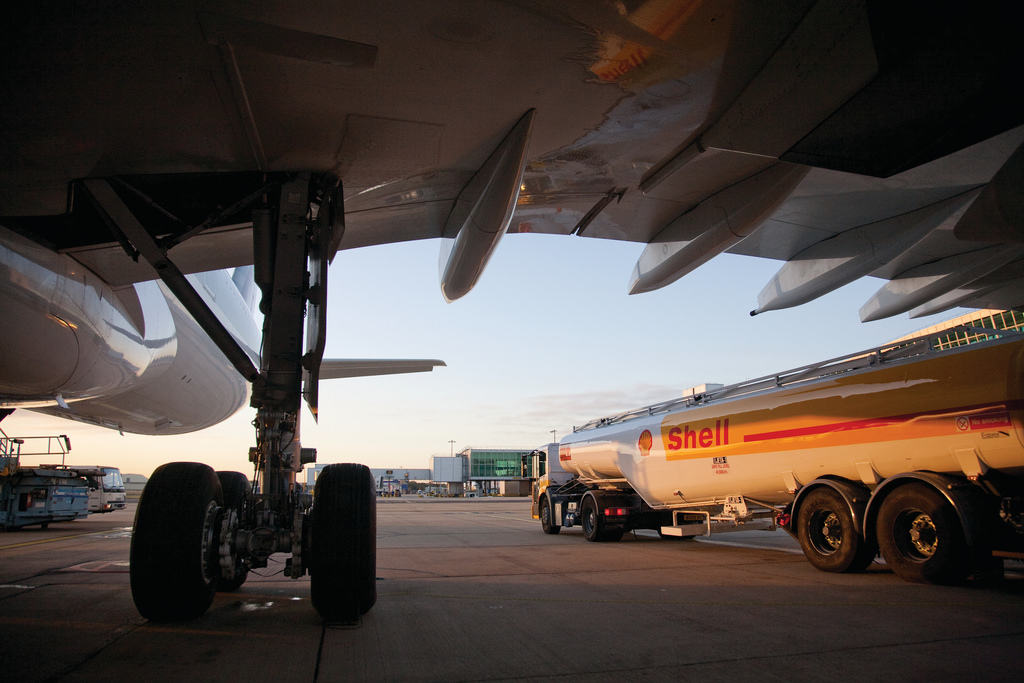ICAO Member States have agreed on a new roadmap for the transition to sustainable aviation fuels.
Nobody said that the transition to alterative fuels would be quick and easy. In the latest indication of the long road that lies ahead, ICAO Member States have agreed on a new Vision for Sustainable Aviation Fuels which aims to ensure that a “signficant percentage” of conventional jet fuels are substituted with sustainable alternatives by … 2050.
The decision was formalized on 13th October at the Second ICAO Conference on Aviation and Alternative Fuels, held in Mexico City, Mexico. States’ delegates to the event also confirmed that any related alternative fuel deployment must adhere to the sustainability criteria currently being developed by a Task Force at ICAO, which includes States, international organizations and environmental groups.
ICAO Council President Dr. Olumuyiwa Benard Aliu underlined that aviation’s emissions reduction progress – currently being achieved through technological innovation and streamlined operations – will be insufficient to meet the sector’s 2020 ICAO targets. He said that sustainable fuels would be critical to closing the gap.
President Aliu also noted that a number of airports have begun offering sustainable aviation fuels to airlines interested in purchasing them, and that this approach has led to more than 40,000 sustainable aviation fuels flights being conducted since they were first introduced.
ICAO maintains that significant progress has occurred since the first conference on this topic in 2009, including an internationally recognized alternative fuels specification, five conversion processes approved for their production, and reductions in production costs.
In June, the International Air Transport Association (IATA) called for governments to take action to accelerate the deployment of sustainable aviation fuels.

